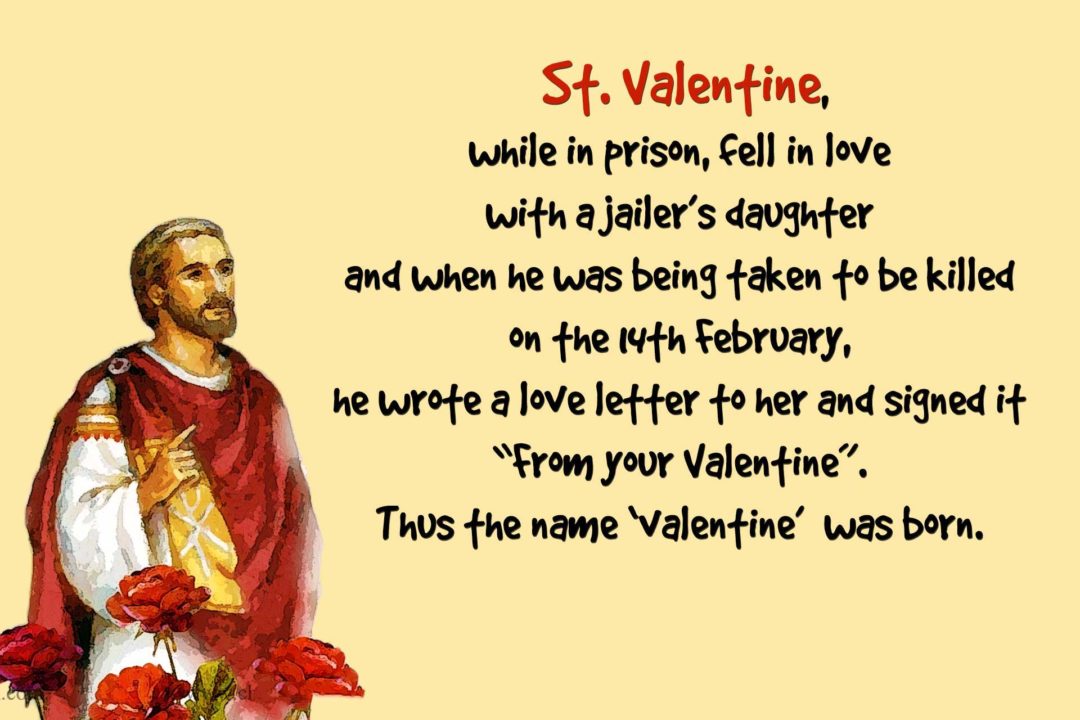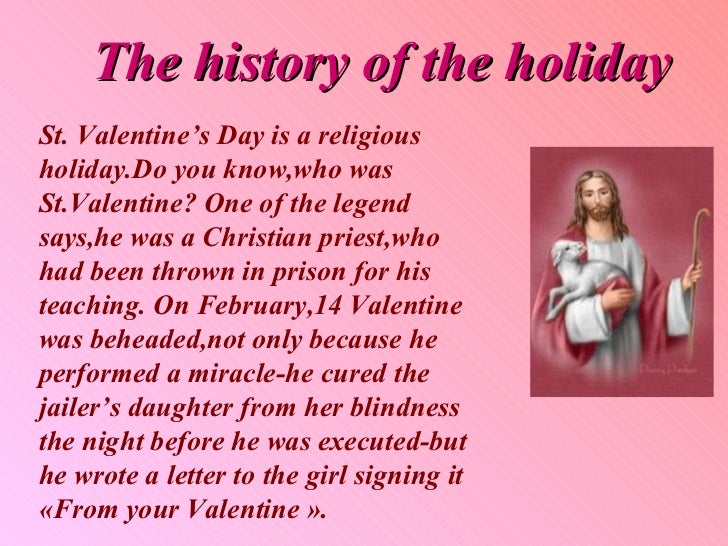Gallery
Photos from events, contest for the best costume, videos from master classes.
 |  |
 |  |
 |  |
 |  |
 |  |
 |  |
Hamlet: "Tomorrow is Saint Valentine's day, All in the morning betime." In William Shakespeare's tragic masterpiece "Hamlet," the line, "Tomorrow is Saint Valentine's day, All in the morning betime," serves as a poignant reminder of the intertwining themes of love, loss, and the ephemeral nature of life. Spoken by Ophelia in Act IV, Scene 5, Pray you, let’s have no words of this, but when they ask you what it means, say you this: [sings] Tomorrow is Saint Valentine’s day, All in the morning betime, And I a maid at your window, To be your Valentine. Then up he rose, and donned his clothes, And dupped the chamber door. Let in the maid that out a maid Never departed more. Hamlet, Act 4, Scene 5. Ophelia, suffering a mental breakdown, sings this poignant song about lovers and Valentine’s day. It aludes to the superstitition that if two single people meet on the morning of Saint Valentine’s day they will likely get married. 48 "Tomorrow is Saint Valentine's day. 49-51. All in the morning betime, / And I a maid at your window, / To be your Valentine: —The girl in the song gets up early in the morning ("betime") on Valentine's day and goes to the man's window because folklore said that the first girl seen by a man on the morning of Valentine's day would be his Tomorrow is Saint Valentine’s day, All in the morning betime, And I a maid at your window, To be your Valentine. Then up he rose and donned his clothes And dupped the chamber door, Let in the maid, that out a maid Never departed more. "Tomorrow is Saint Valentine's day, All in the morning betime, And I a maid at your window, To be your Valentine. Then up he rose and donned his clothes And dupped the chamber door; Let in the maid that out a maid Never departed more." (IV.5.48-55) Tomorrow is Saint Valentine's day, All in the morning betime, And I a maid at your window, To be your Valentine. Then up he rose, and donned his clothes, In this article, we take a look at the various historical and cultural influences that have shaped Valentine’s Day. From the mysterious figure of Saint Valentine and the ancient Roman festival of Lupercalia to the medieval traditions of courtly love and the commercialization of the holiday in the modern era, we explore how February 14th became the day to celebrate love. Tomorrow is Saint Valentine’s day, All in the morning betime, And I a maid at your window, To be your Valentine. May 29, 2018 erainbowd See – there’s a big assumption here that almost all of us make – which is that she’s talking about Hamlet. Probably derived from an earlier ballad, Valentine's Day . Tomorrow is Saint Valentine's Day, All in the morning betime, And I, a maid, at your window, To be your Valentine. The young man rose and donned his clothes, And dupped the chamber door, Let in the maid that out, a maid, Never departed more. The Ophelia's song "Tomorrow Is St. Valentine's Day" from "Hamlet"Duffin, Ross W. Tomorrow Is St. Valentine's Day. Shakespeare's Songbook. WW Norton & Compan “Tomorrow is Saint Valentine’s Day” is a manic line of dialogue spoken by Ophelia in Shakespeare’s Hamlet. I have chosen that line as the title of my thesis and exhibition. Much of my graduate work has emanated from scenes in Shakespeare’s plays. I make dimensional paintings, prints, and sculptures that leverage a wide variety of media, Valentine’s Day is the holiday (February 14) when lovers express their affection with greetings and gifts. It may have had beginnings in the Roman festival of Lupercalia, which celebrated the coming of spring and included fertility rites and other activities, but the origin of the holiday is vague at best. “Tomorrow is Saint Valentine’s Day” is a manic line of dialogue spoken by Ophelia in Shakespeare’s Hamlet. I have chosen that line as the title of my thesis and exhibition. Much of my graduate work has emanated from scenes in Shakespeare’s plays. The Meaning of the Word “Valentine” The term “Valentine” evolved from St. Valentine’s name to signify both a person and a token of affection. Tomorrow is Saint Valentine’s day, Early in the morning. A maid came to his window. To be his Valentine. He got up, put on his clothes, And opened the bedroom door, He let in the maid, but she wasn’t a maid. When she departed. Claudius. Dear Ophelia Ophelia. Wait, I promise I’ll end it soon. This song, from Shakespeare's "Hamlet", is sung by Ophelia as she descends into madness in Act IV Scene V. The conventional story is that Hamlet has broken O [To-morrow is] 1 Saint Valentine's day, All in the morning [betime] 2, And I a maid at your window, To be your Valentine.Then up he rose, and donn'd his clothes, And dupp'd the chamber-door; Let in the maid, that out a maid Never departed more. Valentine’s Day is often seen as a day of romantic love, but at its heart, it is a celebration of deep, selfless love — the kind of love that reflects Christ. While the world emphasizes romance only, we can use this day to celebrate God’s love, the love of family and friends, and the faith that binds us together. O from this time forth, my thoughts be bloody or be nothing worth., Tomorrow is Saint Valentine's day, all in the morning betime, and I a maid at your window to be your Valentine. Then up he rose and donned his clo'es and dupped the chamber door, Let in the maid, that out a maid. Never departed more. and more.
Articles and news, personal stories, interviews with experts.
Photos from events, contest for the best costume, videos from master classes.
 |  |
 |  |
 |  |
 |  |
 |  |
 |  |